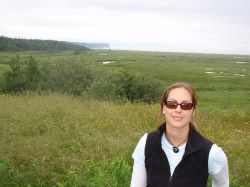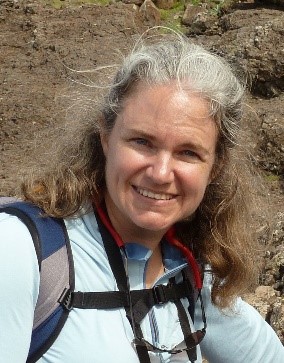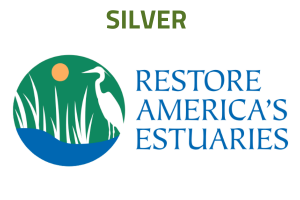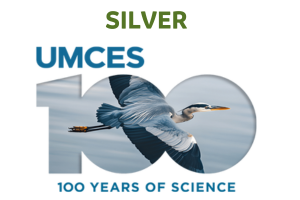- About
- Program
- Registration
- Experience
- Student & EC
- Hotel/Travel
- Sponsor/Exhibit
- Resources & More
CERF 2021 Workshop
|
||||||||||||||||||
| Michelle Staudinger | |
|
|
Michelle Staudinger is an Ecologist with the U.S. Geological Survey, the Science Coordinator of the Department of the Interior Northeast Climate Adaptation Science Center, and Adjunct Faculty in the Department of Environmental Conservation at the University of Massachusetts Amherst. Michelle contributed to the 2013 and 2018 National Climate Assessments as part of the Biodiversity, Ecosystems, and Ecosystem Services author teams. Her work seeks to understand how climate change impacts natural and cultural resources, and she works to develop strategies to reduce risk and vulnerability through research, education, and management. Michelle is also a mother of twin boys and is motivated to ensure they experience a future world that is filled with natural and social diversity. |
| Alysha Putnam | |
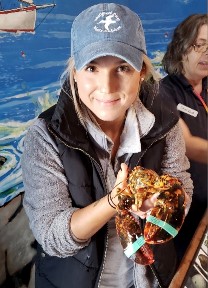 |
Aly Putnam is a PhD student in Organismic and Evolutionary Biology at the University of Massachusetts Amherst in the Marine Global Change Ecology lab where she studies New England rocky intertidal benthic communities, species interactions, and how climate change may impact and shape interacting species and overall community composition. Aly is a first generation college graduate and student, a mom to two kids, and someone who is passionate about supporting women in STEM and fostering inclusion and equity in marine science. |
| Lucy Lockwood | |
|
|
Lucy A. D. Lockwood is a Marine Science and Technology PhD student in the School for the Environment and an Instructor at UMass Boston. A founding member of the Stone Living Lab in Boston Harbor, Lucy’s research centers on identifying design parameters for coastal protection structures that improve habitat support for ecologically important marine organisms and on understanding how anthropogenic impacts may be altering urban marine ecosystems. A Project Partner with the USGS-NPS team developing an intertidal and nearshore subtidal biodiversity monitoring protocol for the Boston Harbor Islands National and State Park, Lucy is also a mom of two, a mid-life returning student, and active in helping to make the sciences more open, inclusive, and supportive of students across gender, racial, and economic boundaries. |

